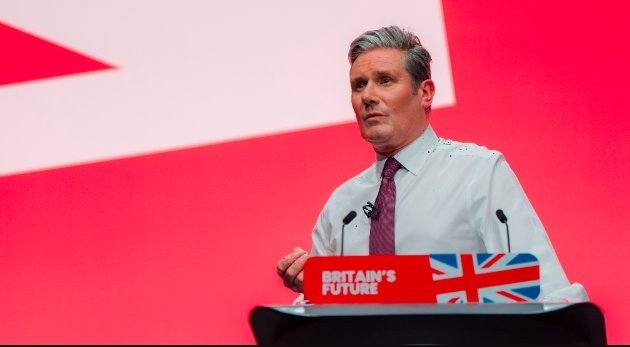In the wake of political shifts, the Labour Party is poised to face immediate calls for substantial investment in housing should Keir Starmer secure a general election win. The urgency of this demand stems from the pressing need for new homes, a sentiment echoed by leaders across the political spectrum.
The Housing Crisis and Labour’s Response
The UK’s housing crisis has been a persistent issue, with demand far outstripping supply. Labour’s potential victory brings with it the promise of change, with many expecting swift action to address the shortage of affordable homes. The party’s approach is anticipated to prioritize the construction of new housing, particularly in areas most affected by the crisis.
Labour’s strategy is likely to involve a combination of increased funding for public housing projects and incentives for private sector development. The goal is not just to build more homes but to ensure they are accessible to those in need. This includes a focus on sustainable building practices and community integration.

The challenge will be balancing the immediate need for housing with long-term sustainability goals. Labour’s policies are expected to reflect a commitment to both, aiming to create a housing market that is both robust and fair.
Economic Implications of Housing Investment
Investing in housing has far-reaching economic implications. It can stimulate job creation in the construction industry and related sectors, boost local economies, and increase consumer spending. For Labour, the economic argument for housing investment is clear: it’s not just about homes, it’s about creating a more dynamic and equitable economy.
The party’s proposed housing policies are also seen as a way to address social inequalities. By increasing the availability of affordable housing, Labour aims to provide a foundation for individuals and families to improve their quality of life. This, in turn, can lead to better health outcomes, educational opportunities, and a reduction in poverty levels.
Labour’s economic plan is expected to be comprehensive, with housing investment playing a key role. The party will likely argue that such investment is not only necessary for social reasons but also as a driver of economic growth.
Political Landscape and Housing Policy
The political landscape is shifting, and housing policy is at the forefront of the debate. Labour’s stance on housing investment will be a litmus test for its broader policy agenda. The party’s ability to deliver on its promises will be closely watched by both supporters and critics.
The call for immediate investment in housing reflects a broader desire for change. Voters are looking for tangible improvements in their lives, and housing is a critical part of that. Labour’s response to this issue will be a significant factor in its ability to build trust with the electorate.
As the political discourse evolves, Labour’s housing policy will be a key indicator of its commitment to addressing the needs of the people. The party’s success will depend on its ability to translate policy into action and to demonstrate that it can lead the way in creating a more equitable society.


















